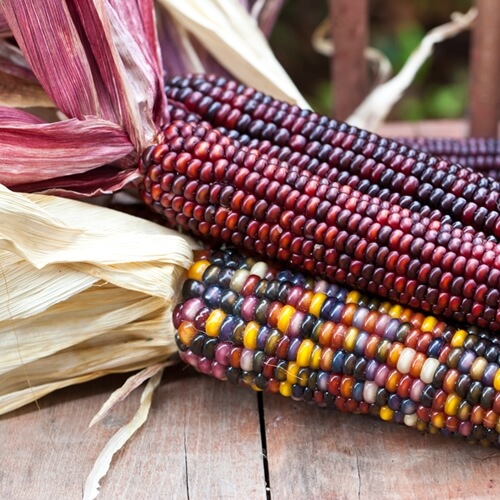What are GMOs?

There has been a lot of talk in the news about GMOs lately. Major fast food chain Chipotle recently announced it has gone entirely GMO-free, and many people wondering what the effects of the chemicals in our food will have on us in the years to come.
What are GMOs?
According to the Health and Safety Executive, GMOs, or genetically modified organisms, are living organisms whose characteristics have been altered for a particular reason. In food, this if often done so a particular crop is resistant to disease, requires less water, grows more brightly-colored fruits or even larger fruits. Alfalfa, canola, papaya, soy, sugar beets, cotton, corn, zucchini and yellow summer squash are the crops that have the greatest likelihood of being GMOs.
The positives
GMO crops can be beneficial for farmers. Say a particular family grows one strain of corn that is susceptible to a weevil. When weevils enter the crop, they will decimate it within a week. That’s thousands of dollars that the farmer no longer earns and cannot return to the economy. If the farmer chooses to use a GMO crop, he or she may go with one that is resistant to the weevil. This way, even if the bug makes its way into the fields, it will not impact the corn. This is just one example. Other people choose GMO crops to grow fruits and vegetables that are much bigger and brighter than your average variety. Think to the last time you went to the store for berries to use in your baking and pastry arts homework. When you checked out the raspberry selection, you probably have several sizes to choose from. Often, the enlarged berries are a GMO crop. They have been genetically altered so that they live to be a larger size in a short period of time. Farmers can make more money with these crops because the results are often bigger and better than non-GMO crops.
The negatives
GMOs have not been around long enough for there to be much research on their long-term effects. We do not know what they will do to the soil or watershed, or whether there will be any adverse effects in humans who consume them. According to the Non GMO Project, items that are genetically modified don’t have to be labeled as such. This means that people who are unsure of them are not able to avoid the products.


